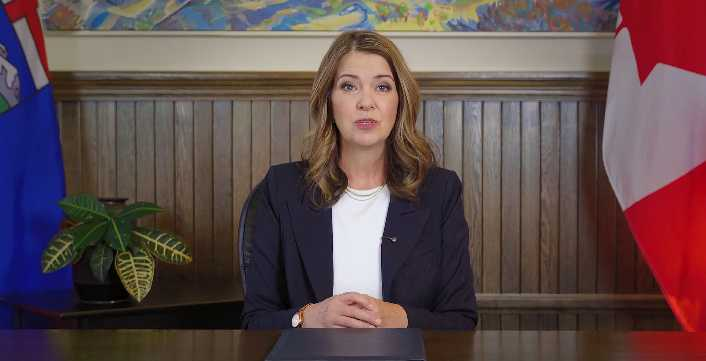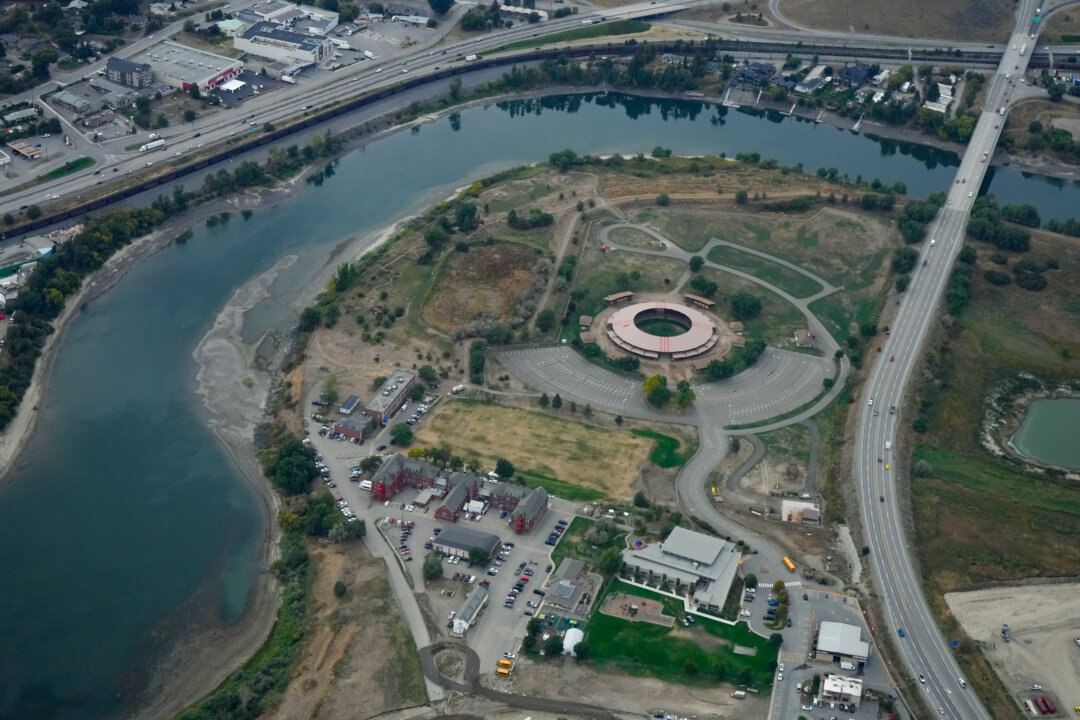
This is the third in a series of articles on the US-Canadian LNG industry.
“In every corner of the country and the world, people are suffering the devastating toll of climate change. Historical hurricanes and floods wiping out homes, businesses, and houses of worship. Wildfires destroying whole neighborhoods and forcing families to leave their communities behind. Record temperatures affecting the lives and livelihoods of millions of Americans, especially the most vulnerable.”
The first paragraph of a recent statement from President Biden warns of record heat, fire, draught, hurricanes, and floods!
A crisis beyond imagination, shouldn’t we be terrified?
But is it factual?
In the first term of the Obama/Biden administration, Stephen Koonin was the Undersecretary for Science, U.S. Department of Energy. Biden would know and respect Koonin, a highly regarded scientist, academic, and researcher.
After moving back into academia Koonin wrote a bestseller book “Unsettled” which thoroughly reviewed the science of global warming — and is readable by non-scientists.
The feature presenter at a planning session of the Fraser Institute, I had the opportunity of sitting next to him at the dinner and found him to be a soft spoken, gentle, and thoughtful person, and a pleasure to engage.
His book clarifies and sometimes contradicts much of what Biden had to say above.
Here's a sampling.
Introduction: “...humans exert a growing but physically small, warming influence on the climate. The deficiencies of climate data challenge their ability to untangle the response to human influences from poorly understood natural changes”. (page 4)
Koonin also revealed his motivation for the book, “when you see something that is not right, not just, not fair, you have a moral obligation to say something, do something”. (page 6)
He then disses the Biden assertion of “record temperatures” supported by a graph of the temperature volatility of the last million years which includes those much higher and explains how the irregular orbit of the earth around the sun and the changing tilt of the earth alter the impact of the Sun.
Given that one way or another virtually all energy and heat are sourced by the Sun, isn't it interesting that it is never mentioned in the conversation and debate about the climate? Maybe because it explains much of, or maybe all the temperatures changes?
He describes the history of climate, limitations of models, the difficulty of measuring, and examples of “cooking the books.” (Page 93.)
Hyping the Heat, the title of Chapter 5, suggests “The Science tells a different story than the narrative of a “broken climate”.
Koonin calls out the media for “misrepresentations of climate science which give voice to such misleading conclusions.” (Page 109.) He provides an example in Chapter 6 titled "Tempest Terrors," by quoting a leading publication, Forbes in the October 7, 2020, issue, “the era of deadly hurricanes was supposed to be temporary, now it's getting worse”.
In the chapter the author explains hurricanes and cyclones with specific language from the United Nations’ Special Report about hurricanes, “low confidence that any reported long term increases are robust”. (Page 119.) He also points out the distinction between correlation and cause-and-effect, and the misunderstanding of data that wrongly characterizes alleged increases in tornadoes that when properly analyzed, are declines.
With respect to floods, he explains that “the amount of water on earth is essentially fixed… 97% is in the oceans”, and “the Sun's energy moves water among these various reservoirs to form what is termed “the hydrogeological cycle,” of which the largest and most dynamic part is the flow of water from the Earth’s surface into the atmosphere.” (Page 130) Koonin goes on to explain that “a warming globe doesn't accelerate the hydrogeological cycle with more rain and more floods.” (Page 132) At times a correlation then, but not a cause.
Floods have been both larger and smaller in the US in times preceding 1965 and 2015, further illustrated by a map. (Page137.) Koonin also shows, by way of a graph, that some droughts since year 700 AD were more severe and longer lasting than recently. (Page 140)
In the same chapter, by way of another graph, the amount of global acreage that has burned has declined for decades, ironically mostly due to human activity, not possible without the benefits of fossil fuels. (Page 143) Note the book was written before last summer, whereby hot and dry weather coincided with the natural cycle of burning and renewal of forests.
Two pages later the author makes the point — because droughts and floods have such dramatic impact, “politicians and other officials can't resist citing computer models to prophecy future catastrophes”. The exploitation of statistically irrelevant current events to create fear is a huge problem for those who seek the truth, and politicians who want to govern from a foundation of truth.
Koonin even mentions Canada's own Mark Carney, at the time the head of the Bank of England, and “probably the single most influential figure in driving investors and financial institutions around the world to focus on changes in climate and human influences on it.” Referencing Carney’s strong educational background and important climate change roles, Koonin points out Carney was “dead wrong” with respect to the models he cited about rainfall. (Page 147)
The author then laments that, “it's surprising that someone with a Ph.D in economics and experience with the unpredictability of financial markets and economies as a whole doesn't show a greater respect for the perils of prediction — and more caution in depending upon models.” Touché to the wannabe future Prime Minister of Canada, a powerful example of assumed superiority justifying policies that control the freedom of others.
A further insightful comment, “as the world gets more and more connected through communications, we come more and more aware of these events when they happen, but that does not make them further proof of climate change”. (Page 147)
So there you have it, the most senior science appointee by Obama and Biden politely and elegantly repudiating the politically motivated nonsense now spewed by the President of the United States.
There are many books by other authors with similar valid scientific information. This includes HOW THE WORLD REALLY WORKS by Manitoba professor Vaclav Smil, HUBRIS by Ottawa professor Michael Hart and multiple publications by among others, Judith Curry, Matt Ridley, Alex Epstein, Bjorn Lomborg, Roger Pielke and David Yager.
The Koonin book was selected because of his important role in the Obama/Biden administration and my personal interaction. What is the likelihood that either Biden or Trudeau have read any of the above?
Politics overrules science — backwards, damaging, misleading, and unacceptable.
The fourth and last in a series of articles on the US-Canadian LNG industry, will appear Monday, April 1st
https://www.westernstandard.news/opinion/pinder-is-there-even-a-climate-crisis/53466
No Excavations Done Yet at Kamloops Residential School as First Nation Provides Update on ‘Complex’ Investigation
"I am honoured to speak directly with Albertans about the road ahead for our province, the choices we face together, and how you will have the final say in shaping Alberta’s future within a strong and united Canada."
https://x.com/ABDanielleSmith/status/2024661280163058030

















